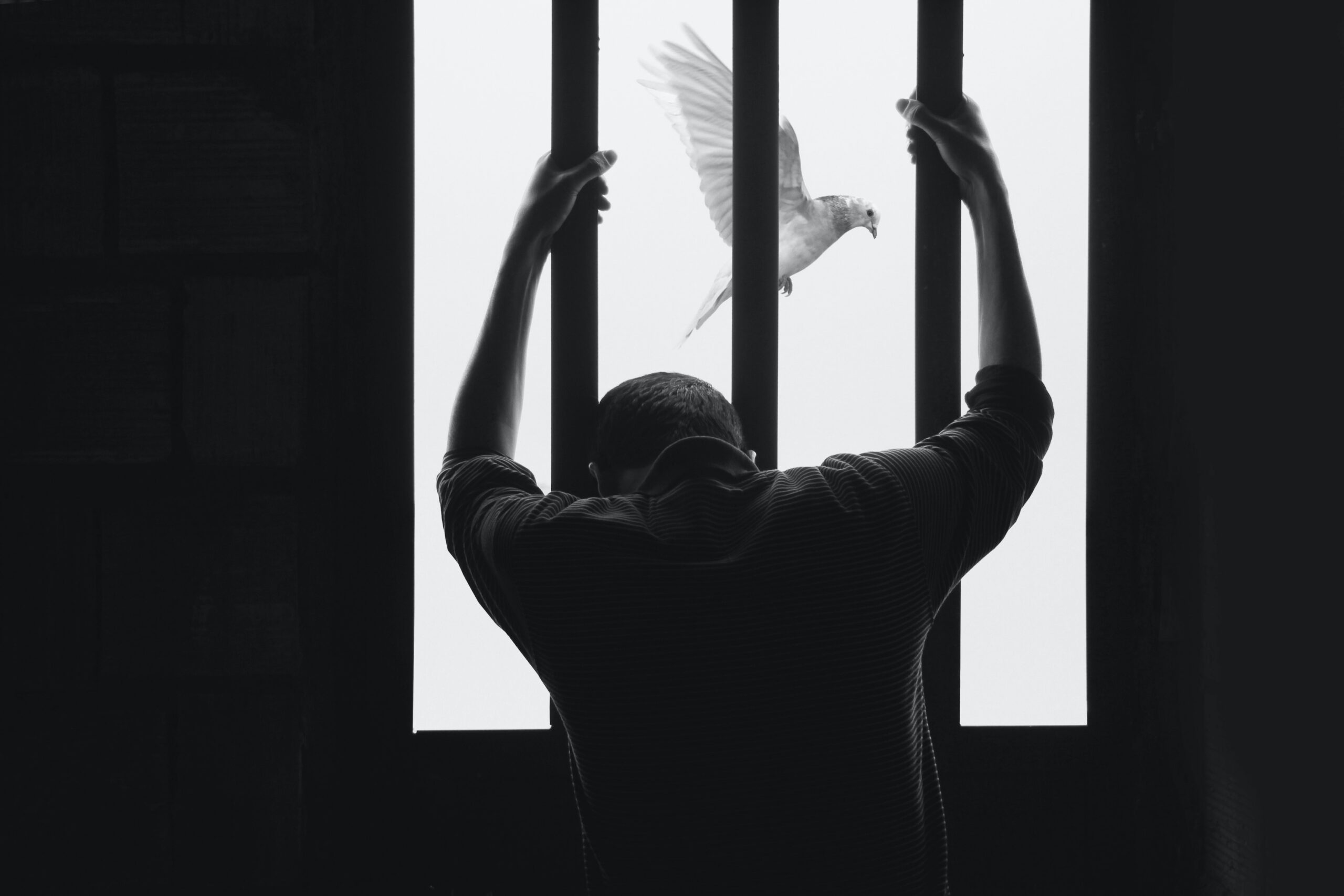
Canadian prisoners are choosing euthanasia but the public is none the wiser
Canada is the only country which regards euthanasia for people incarcerated in prisons as a human right. Nine prisoners have received euthanasia in the seven years since legalisation – more than any other country. But since prison, by definition, deprives people of their rights, euthanasia in a prison setting present unique challenges. How can it be a truly autonomous decision?
And an academic at the University of Calgary claims that there is little transparency about these deaths.
“Canada is the leading provider of assisted death for prisoners,” Jessica Shaw told CTV News. “It would appear to me that there’s a very different process when it comes to people who are dying through assisted death in prison than it is for… the general population of Canada.”
She requested data about prison euthanasia under a freedom of information act. She found that a third of all prisoner requests for medical assistance in dying, or MAiD, as euthanasia is called in Canada, are approved. This is much lower than the 81% approval rate in the general population. There was no explanation.
Shaw described the lack of details as “secretive in many ways.” “We worry about what’s happening, (and) what’s not happening, behind bars and behind closed doors.”.
CTV News also interviewed Ivan Zinger, the correctional investigator of Canada, who has a mandate to investigate deaths in custody – except for MAiD deaths. “For some extraordinary reason, Corrections (Services Canada) was able to get an exemption of [sic] that requirement,” said Zinger told CTV News. “We keep raising (the matter), but we don’t have data and they don’t have the obligation to provide us with data. And that’s the problem.”
When Canada approves euthanasia for mental illness, more prisoners may request it, as an estimated 75% of people in federal prisons have mental health issues.
“If the provisions are extended to include mental illness, there could be a lot more people that become eligible,” Zinger said, calling for more transparency in discussing MAID among prisoners. “I believe that (CSC) should be reporting it in an open way…so that we can track it better and we can ensure that how it’s being provided is in sync with the legislation and human dignity.”
